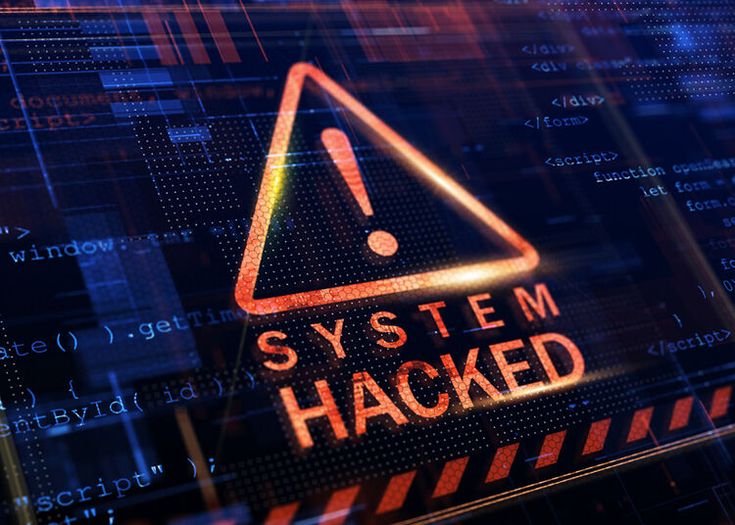In the rapidly evolving landscape of cybercrime, PBX hacking has emerged as a particularly insidious threat, costing businesses billions in fraudulent phone bills. Recently, I came across a fascinating story about Farhan Arshad and Noor Aziz Uddin, who were captured 2 years after being placed on the FBI’s Cyber’s Most Wanted list for PBX hacking. Their exploits resulted in massive phone bills for the companies they targeted, and it’s a stark reminder of the importance of securing our phone systems.
What is PBX Hacking?
Private Branch Exchange (PBX) systems are internal telephone networks used by organizations to manage calls within their networks and with external clients. PBX hacking is the unauthorized access and exploitation of a company’s private telephone network, typically to make long-distance or international calls, send faxes, or send SMS messages. Hackers target PBX systems to take advantage of the phone system’s capabilities, often using the compromised system to make fraudulent calls or send spam messages. The financial impact on businesses can be devastating, leading to severe monetary losses and operational disruptions.
How PBX Hackers Operate:
● Unauthorized Calls: Hackers gain access to PBX systems and use them to route high-cost international calls, charging these to the victim’s phone account.
● Call Selling: Sometimes, these unauthorized lines are sold to third parties, making the tracking and prevention of such activities even more challenging.
● VoIP Exploitation: With the rise of VoIP (Voice over Internet Protocol) systems, the sophistication and scale of attacks have increased, posing greater risks to businesses.
The good news is that there are ways to prevent PBX hacking. Companies can implement robust security measures such as strong password policies, regular security audits, firewalls, intrusion detection systems, and call accounting and billing software to monitor and detect unusual call patterns.
Steps to Protect Your Business:
● Regular Security Audits: Ensure that your PBX systems are frequently audited for any vulnerabilities.
● Employee Training: Educate your employees about the risks of PBX hacking and best practices for maintaining security.
● Implement Robust Security Measures: Use firewalls, encryption, and strong password policies to protect your PBX systems.
● Monitor Call Activity: Regularly monitor call logs and activities to detect any unusual patterns that may indicate a security breach.




